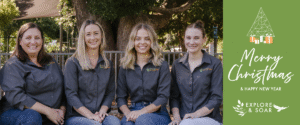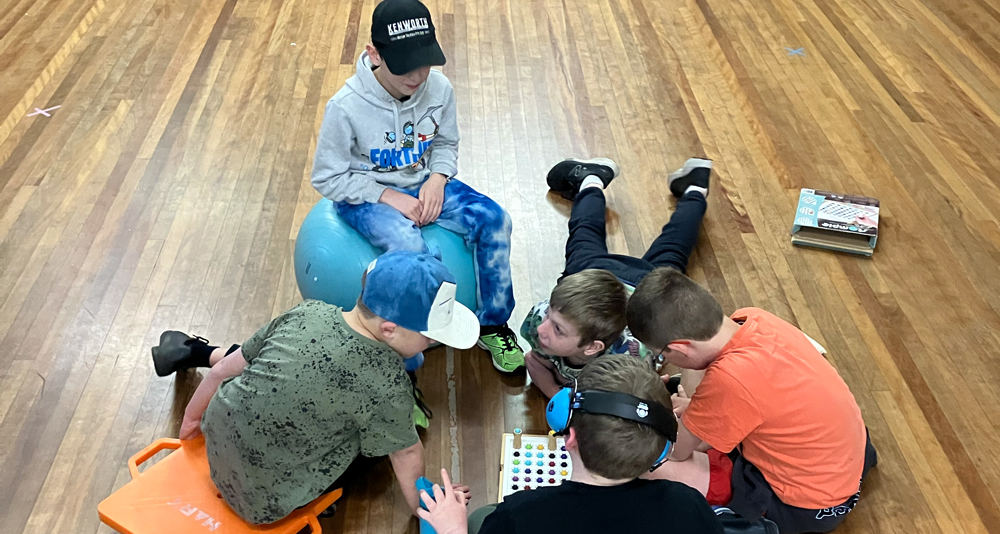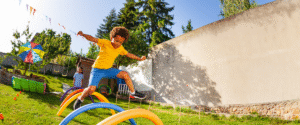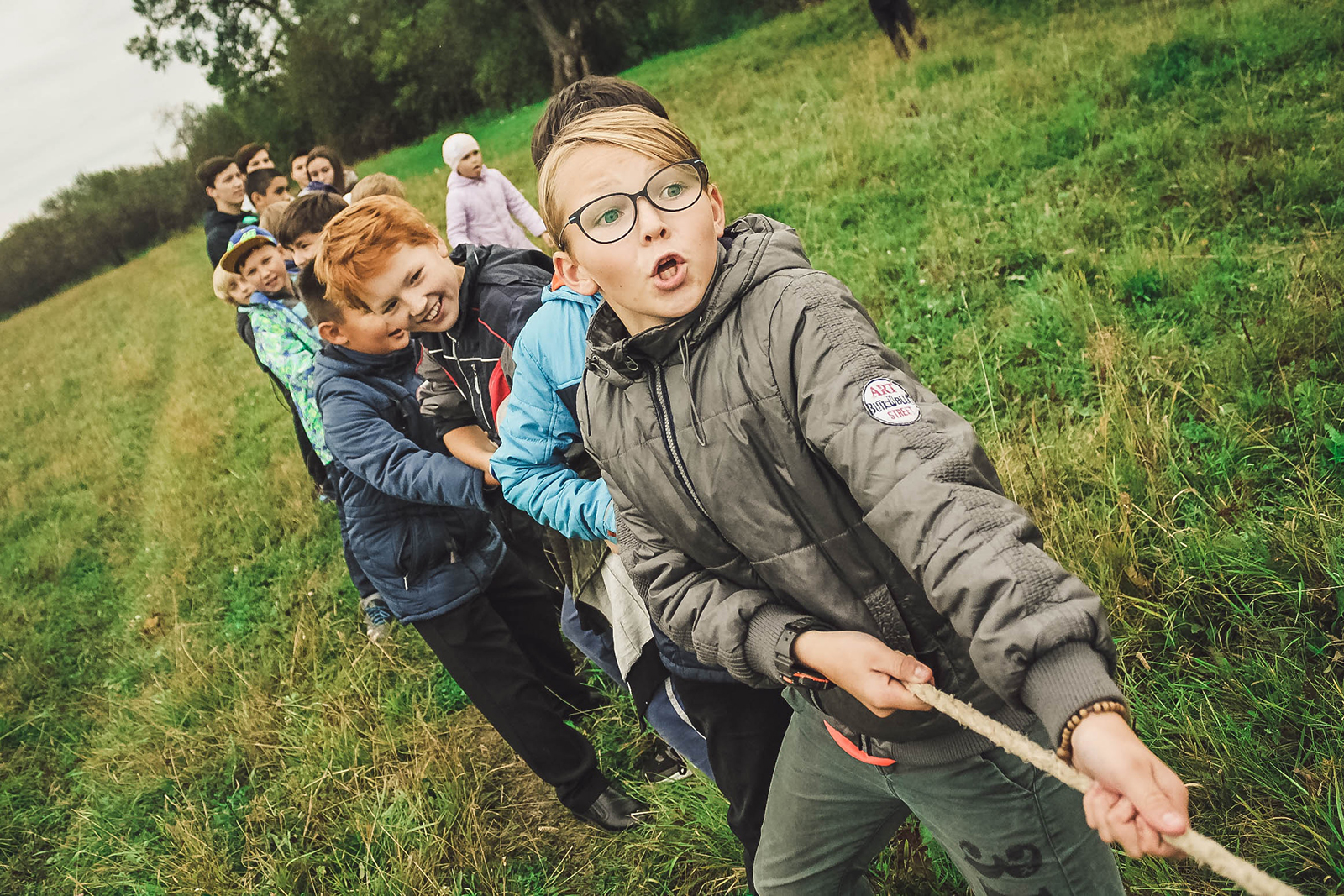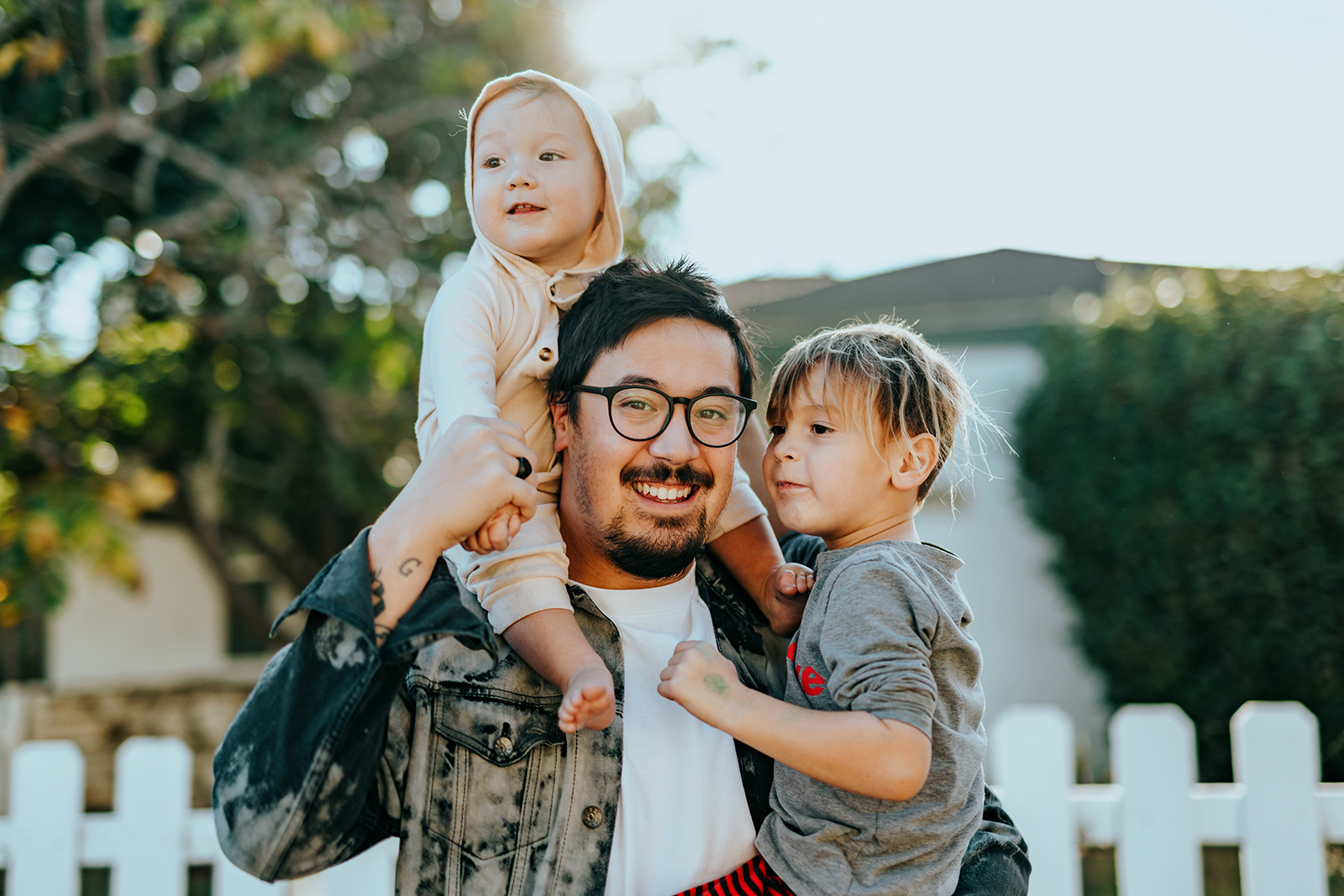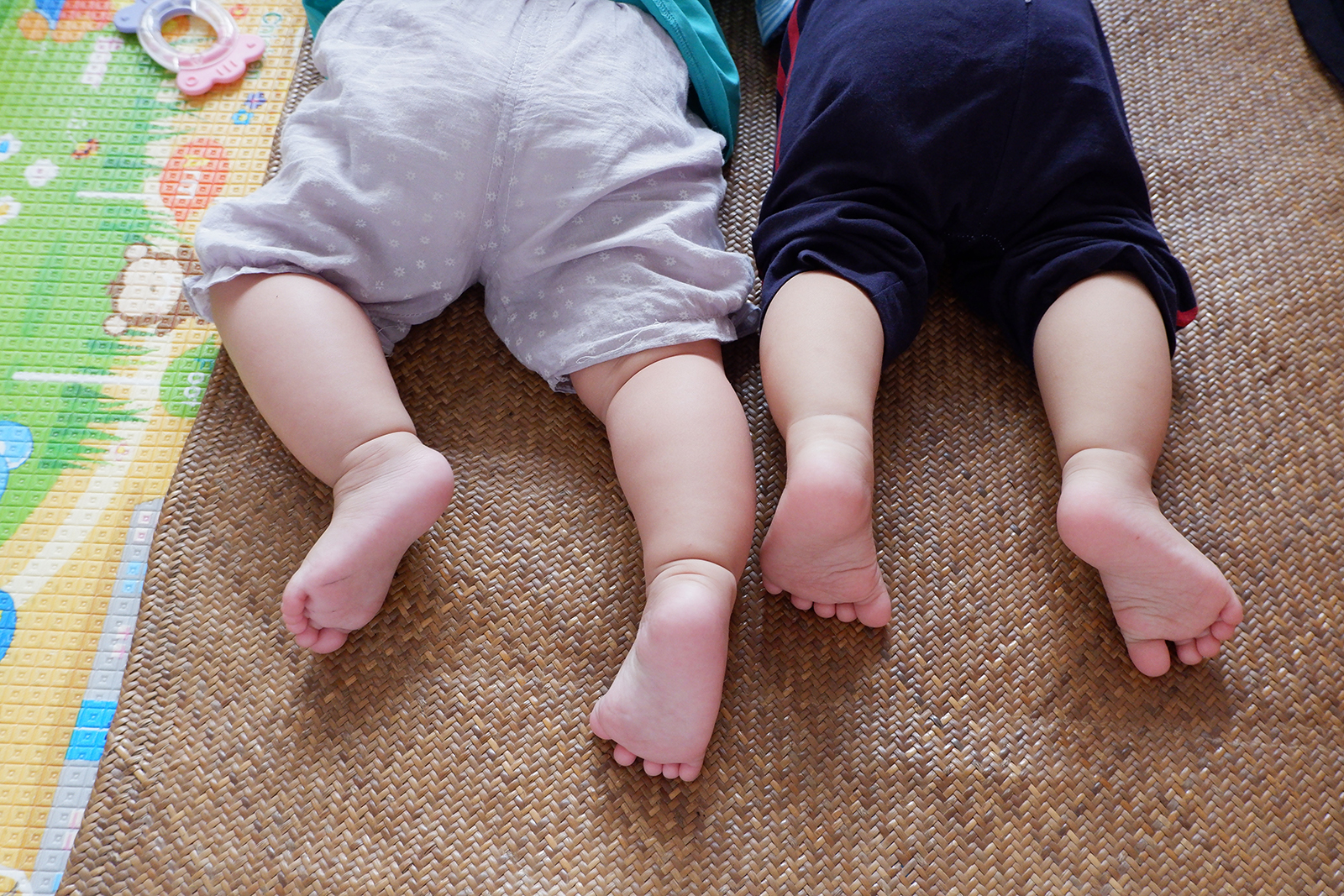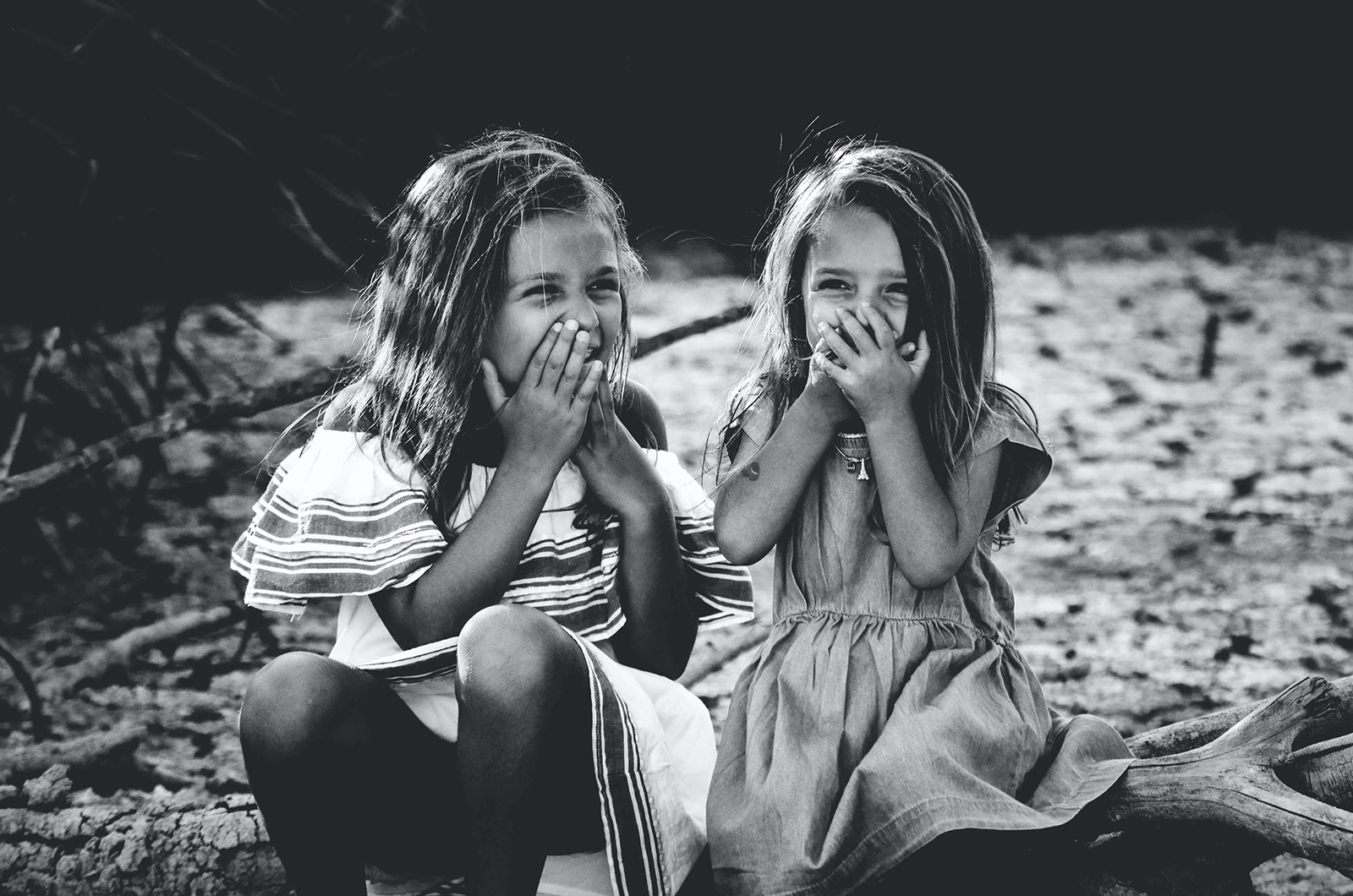
THE DEVELOPMENTAL STAGE OF HANDWRITING SKILLS
The year is flying by! I cannot believe that we are already in July!
Our winter school holidays are in full swing and we are now taking the time out to rest, recharge and perhaps even go on a small trip with our family! June brings about the halfway mark of the year and from here on we start thinking about what the remaining six months of the year will look like. We reflect on what has been achieved in the first six months of the year and set new goals for the months ahead.
It’s also a time where we start to think about the transition to Kindergarten.
It’s about doing the preparation needed for a successful and stress-free leap into the next stage of life for both parents and children. It’s all about ensuring our children have the skills needed to make the transition. Reading back through our blogs over the years, we have detailed many of these including emotional regulation, sensory processing and gross motor skills.
A big question that is often asked by parents is how to prepare their child’s handwriting skills. How can we actually determine how well our child is prepared to learn how to write and are they ready for the transition to school?
To commence developing pre-handwriting skills, we spend time focusing on and developing our fine motor skills. You can see more information on fine motor skill development in a blog that we previously wrote here in July of 2020!
The development of fine motor skills in relation to pre-handwriting skills begins with a focus on shoulder stability and control of whole arm movements including strength of the shoulder, upper arm and forearm, transitions to whole hand movements, positioning, grasping, whole hand coordination, finger isolation and finally finger movements.
Once the development of fine motor skills has emerged and is strengthening, we then focus on the pencil grasp itself.
Picking up a pencil: It may sound funny, but there isn’t just one way to learn how to hold a pencil. We first teach children a whole hand grasp, then onto a digital grasp, modified grasp and finally we transition to a tripod grasp. Through the early developmental years, forming these grasps is ideal in working towards a tripod grasp when engaging in academics. Each individual holds their pencil their own way, however, our aim is to ensure that they can each reach functional capacity and ease when completing all writing tasks.
From the moment they pick up a writing utensil, our children draw, scribble, paint, colour and explore within the world of art. This can be in all mediums and is the beginning of pre-academic handwriting skills. This happens from a very young age and continues to develop over time. It plays such an important part in their development and not just with handwriting skills, but with their language, visual information, grapheme knowledge, word knowledge and developing symbolic representations of letters.
Learning to write is a long term process and something that needs to be based on each child’s individual goals and skills. During our intervention and support, we scaffold and grade activities based on different developmental stages with pre-handwriting and fine motor activities. This allows for foundational skills to be set, whilst we support each of our clients emerging skills and ultimately preparing them to enter schooling
Learning to write can happen at different times for each child but as a guide and general rule of thumb, this is what most children are exploring / have the ability to do at particular ages:
At 15 months to 2 ½ months:
Random scribbling occurs, picking up their pencils and scribbling on anything they can get their hands on. Let’s face it, how many of our toddlers have picked up a writing utensil and scribbled all over our walls or doors without us realising! As frustrating as this may be, it’s a good indication that they are honing their fine motor skills. At this point in time it is about spontaneous circular shapes or scribbles with reduced clear direction.
At 2- 3 years:
Controlled Scribbling over time with more practice and their hand muscles strengthening, scribbling drawing has increased in control, smaller drawings and creativity is becoming a part of their ability. They are starting to naturally move towards more controlled circular movements, vertical and horizontal lines, including multiple loops and spirals and shapes that resemble the letters ‘t’ and ‘v’.
Basic Shapes (2 ½ years – 3 ½ years)
The development and understanding of being able to draw horizontal and vertical lines. Other shapes include circles and squares and shapes that may resemble the letters ‘t’, ‘v’, and ‘h’.
This can then expand into curves, lines, scribbles that resemble writing and creating their own letters and words which is also helping their imagination, building upon letter recognition and developing drawings and ideas that have meaning, which they are excited to share.
Pictures of objects or People (3 to 5 years)
This is when the development of distinguished drawing, such as drawing a person begins to emerge. From 3 to 4 years of age it is usually people with their arms and legs attached to their head, with expansion and development of head, body and limbs in appropriate places towards the end of 4 to 5 years of age. In addition, increasing details around the face, including eyes, mouth, nose, ears and hair. At this point your child will be able to tell you all about their drawings and what they represent but they may not always clearly represent the idea at hand. Children at this age will have an increased awareness of being able to draw two objects together, as well as beginning to expand on their subject matter, including trees, houses, vehicles etc.
Letter and Word Practice (3 to 5 years)
In addition to the expansion of picture drawing, the child’s ability to draw and expand on pre-handwriting shapes also increases. This sets them up for increased letter representation and awareness, shapes expand from squares and circles to a cross (X), attempting triangles, diamonds and an interest in attempting letter development.
All of these stages are fundamental in developing the pre-handwriting skills required prior to entering Kindergarten. Having these foundational skills allows for the awareness, skill and ability to make the shapes and lines required prior to knowing and beginning the correct letter formation.
This significant part of development and fine motor skills can be lots of fun and can be completed in so many different ways through craft, play and art! Being able to get creative, with finger painting, shaving cream, water play, colouring in and drawing are all ways that allow children to experience these skills in a playful way. It’s important to remember that play is the most effective way to learn all pre-academic and handwriting skills. Allowing the child to lead the play and explore their ideas with them will inadvertently assist you in naturally supporting and providing these opportunities to develop the skills needed.
There is no one size fits all when it comes to developing handwriting skills! Remember that each child is different!
What’s important for us as Occupational Therapists is coming up with creative and supportive ways to facilitate these learnings.
Berk, L. E. (2013). Child Development (9th Edition). Upper Saddle River, New Jersey: Pearson Education
Huffman, J. M., & Fortenberry, C. (2011). Helping preschoolers prepare for writing: Developing fine motor skills, Young Children, 66(5), 100-103.
Until next time,
Jess
ORIGINALLY PUBLISHED JULY 7, 2021


